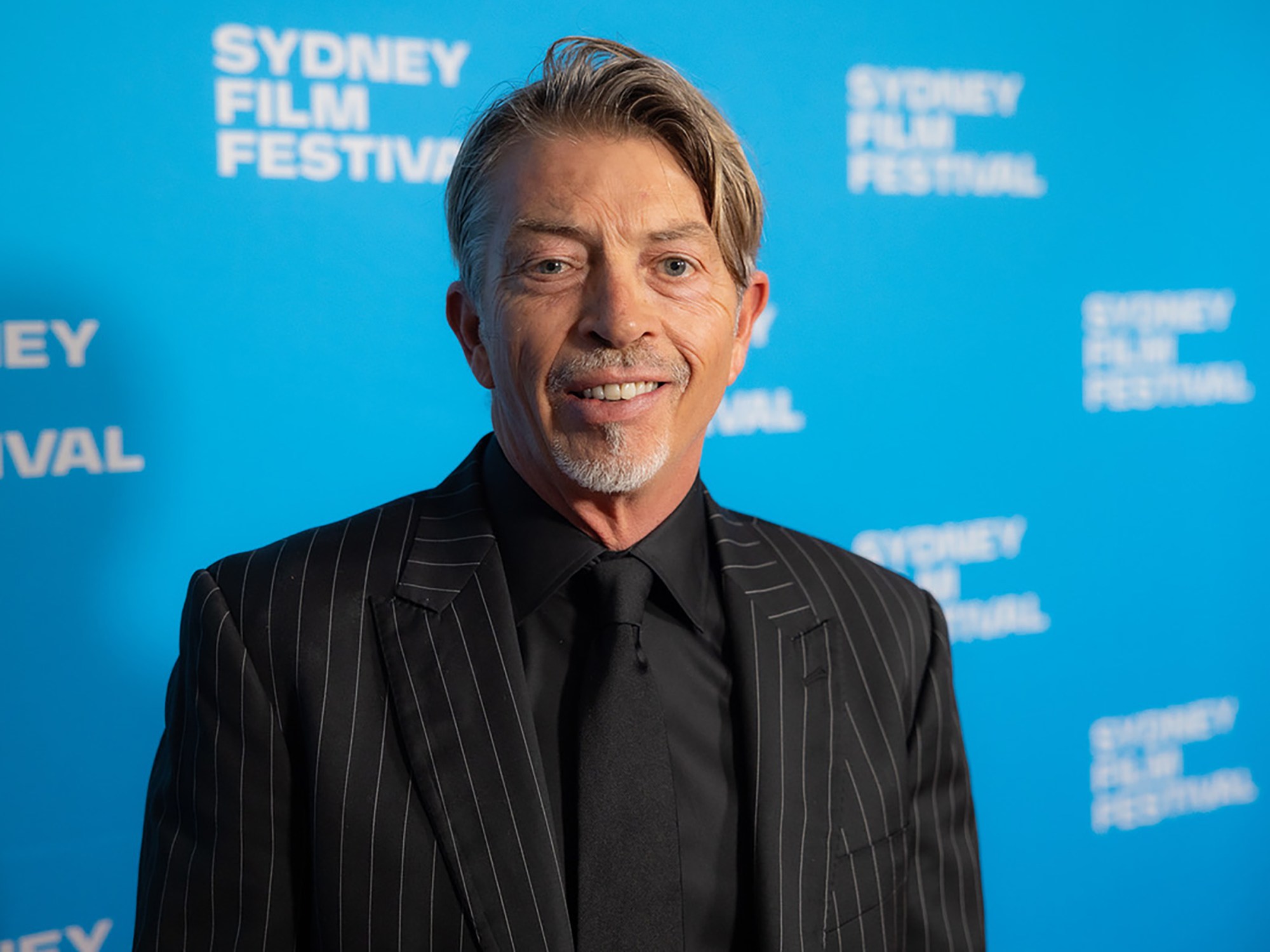
- Festivals
Docs: Angus McDonald on “Freedom is Beautiful” at Sydney Film Festival
The documentary feature, Freedom is Beautiful, focuses on two remarkable Kurdish Iranian asylum seekers who are musicians, artists, poets and close friends. Farhad Bandesh and Mostafa ‘Moz’ Azimitibar were also freed within a month of each other, in 2020, after each having spent eight years locked up in brutal refugee camps on Papua New Guinea’s Manus Island and a Melbourne detention center run by the Australian Government. Aussie filmmaker and artist Angus McDonald – who has staged over 30 worldwide painting exhibitions and is a six-time finalist for the coveted art award, the Archibald Prize – made his first short film, Manus, in 2019 and spoke to us from the Sydney Film Festival premiere of his first documentary feature film, shortly after he was reunited with Bandesh and Azimitibar.
Why did you want to make this film?
I’ve been a full-time artist, a painter, for about 25 years but I got into this area of advocacy and activism almost by accident about five years ago and I’ve been making film content since then. With Freedom is Beautiful, I deliberately wanted to try and focus around this very large, complex issue that’s happening globally by telling the stories of two very charismatic, incredible individuals to try and humanize the issue.
What prompted your first short film, Manus, in 2019?
After I left art school in Australia, I lived on a small island in Greece for six years, and it was very close to the Turkish coast. I made a lot of friends in Greece at that time so in 2015, when there was a massive migrant crisis of about a million migrants, mostly from the Syrian conflict, passing through the Turkish coast and through the Greek islands – a lot of my friends from earlier years were telling me about it and I had some time, so I flew over and learned about this incredible influx of people at the same time I began to learn more about the very hard policies the Australian Federal Government had implemented on refugees a few years earlier. I realized that just painting wasn’t going to really make an impact and that I probably needed to use a media that people were more interested in, which is obviously film.
Was it important to you that Moz and Farhad were both artists too?
People talk a lot about art being an important part of the spectrum of activism, but it was so clear in the case of these guys, and I wanted to convey to people how that actually works. They were stuck in a desperate situation and were already talented artists who grew up in a Kurdish culture of using art for resistance. I was fascinated to try and tell that story and I recognized that we had a lot to talk about during the two-and-a-quarter years of making this project, because they’re also amazing musicians and poets.
Do you want to continue as a filmmaker?
I don’t want to think about it too much now because we’ve got a lot to do with this film coming out, but honestly, I’m hooked! I’ll always paint, because I love just being in my studio and making work, but filmmaking is so complicated and difficult compared to painting – like painting in seven dimensions!
Are you still hopeful about refugee policies improving in Australia?
I’m always hopeful, that’s just my nature. But social change is an excruciating process, full of disappointments. The big problem that is looming – and why this film might be very important in places outside Australia – is there are around 80 million displaced people in the world right now. Many have mostly been displaced because of conflict and persecution, but there’s also a whole new stream of people that are starting to be forcibly displaced because of climate change. The issue is only going to get bigger, and we need to try and get people talking about that to find a fairer, more tolerant and decent way to deal with all of this in the future.